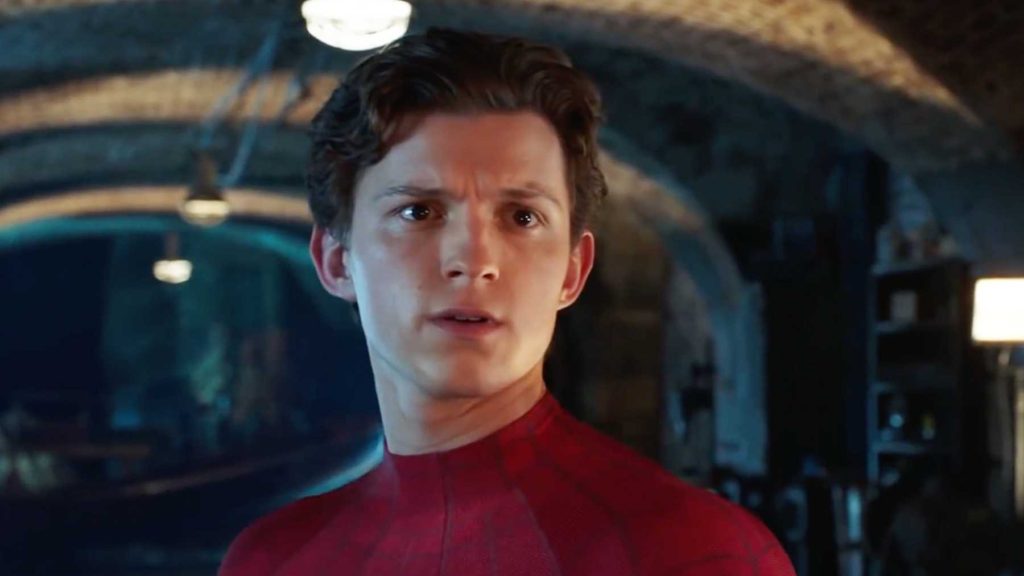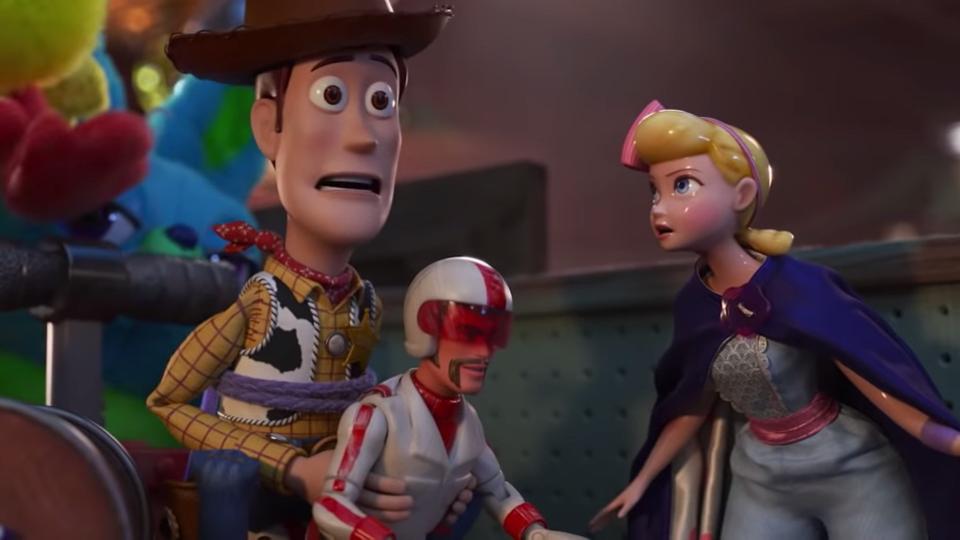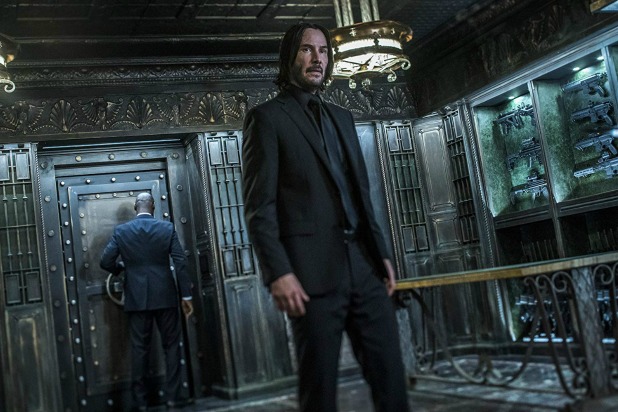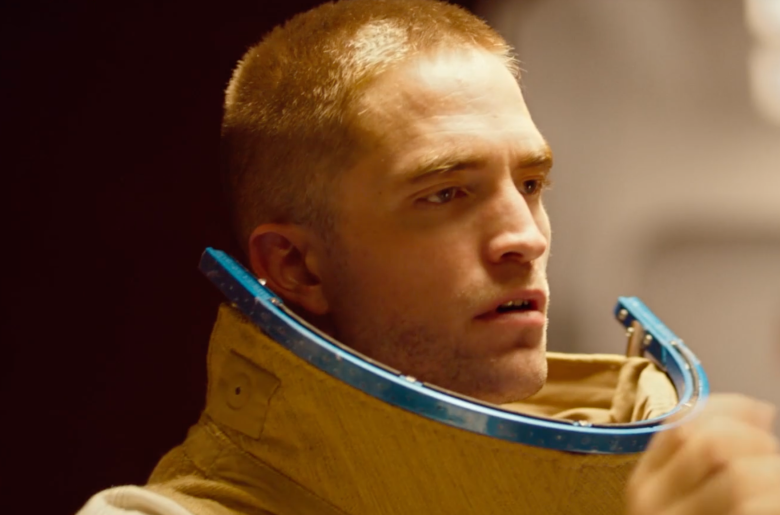The Farewell: Honesty Is the West’s Policy

The Farewell might have been a minor movie, if it didn’t plainly house such major talents. With its gentle tone and delicate sense of scale, it’s so intimate, it could have verged on flimsy. But writer-director Lulu Wang, making her second feature, invests the melancholy story with grace notes of lyricism that give it some stylistic heft. She’s also found the perfect star in Awkwafina, the rapper and comedienne who here makes a seamless transition to more somber material. It’s a heavy story told with a beautifully light touch.
The movie opens with a title card that reads “based on an actual lie”, establishing both its autobiographical bona fides—Awkwafina’s Billi is in many ways a stand-in for Wang—and its cheeky wit. But the falsehood at its center does more than just drive the slender plot; it becomes the foundation on which Wang builds the film’s intriguing explorations of culture, geography, and identity. And The Farewell, despite its narrow scope and quiet bearing, ends up operating on multiple levels. It’s a human melodrama that doubles as an empathetic treatise on humanity. Read More




